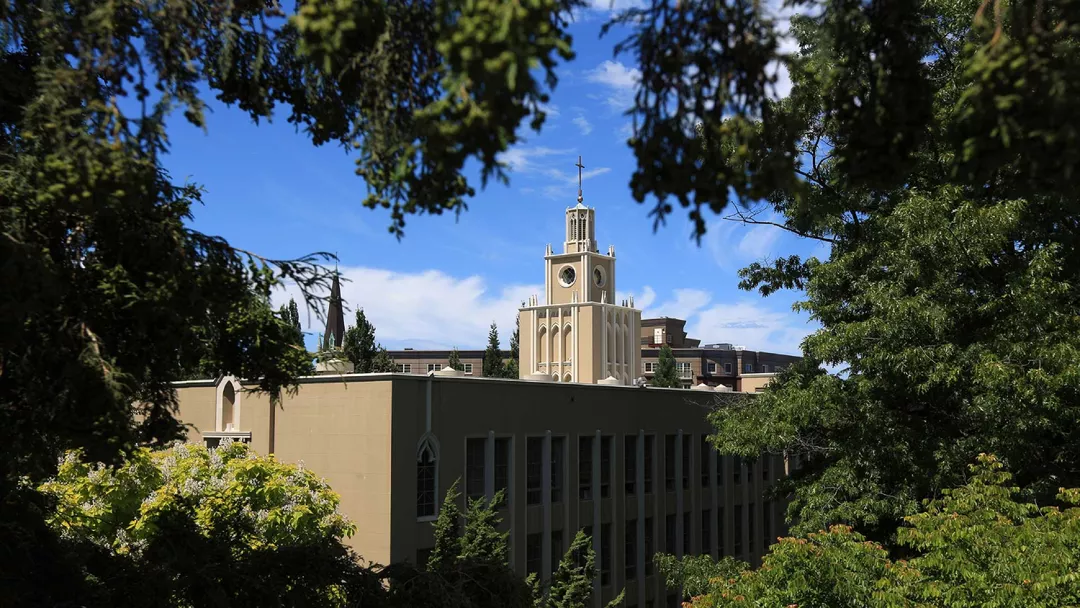-
hello@abroadcube.com
Mail us
-
Call For Help:
98779 83783
-
Whatsapp Us
70090 34921
The Master of Science in Computer Science (MSCS) program offers a curriculum based on theoretical foundations and practical applications. The curriculum includes advanced courses in core areas of computer science and flexible electives to meet their professional goals. Students can customize their curriculum with the General Option, or choose one of the pre-built specializations.
The Master of Science in Computer Science with a specialization in Data Science (MSCS-DS) program provides the skills to develop computer solutions that require expertise in data science. This program is unique in that students who complete the program receive both an Master of Science in Computer Science degree and a specialization within data science. This combination is very attractive as technology companies are looking for developers that have experience in data science. Students complete both a set of core courses that part of all Master of Science in Computer Science degrees at Seattle University plus a set of data science courses. The program culminates in a real-world capstone data science project.
| Level | Masters |
| Discipline | Computer Science and IT |
| Duration | 36 months |
| Intakes | Jan, Mar, Sep |
| Application Fees | USD 55 |
| Tuition Fees | USD 17892 |
| Campus | Main |
| Language proficiency (minimum) | |
| IELTS | 6.5 |
|---|---|
| TOEFL | 86 |
| PTE | 63 |
| Duolingo | 110 |
| Exam proficiency (minimum) | |
| SAT | Not Required / Waiver |
|---|---|
| ACT | Not Required / Waiver |
| GRE | Not Required / Waiver |
| GMAT | Not Required / Waiver |
Minimum GPA - 77%
QS Quacquarelli Symonds is the world’s leading provider of services, analytics, and insight to the global higher education sector, whose mission is to enable motivated people anywhere in the world to fulfil their potential through educational achievement, international mobility, and career development.
THE (Times Higher Education) has been providing trusted performance data on universities for students and their families, academics, university leaders, governments and industry, since 2004. We create university rankings to assess university performance on the global stage and to provide a resource for readers to understand the different missions and successes of higher education institutions.
The Academic Ranking of World Universities (ARWU) was first published in June 2003 by the Center for World-Class Universities (CWCU), Graduate School of Education (formerly the Institute of Higher Education) of Shanghai Jiao Tong University, China, and updated on an annual basis
The "Webometrics Ranking of World Universities" is an initiative of the Cybermetrics Lab, a research group belonging to the Consejo Superior de Investigaciones Científicas (CSIC), the largest public research body in Spain. CSIC is among the first basic research organizations in Europe. The CSIC consisted in 2006 of 126 centers and institutes distributed throughout Spain.

